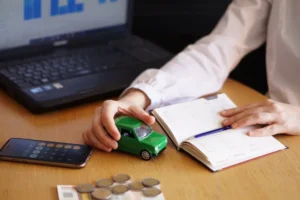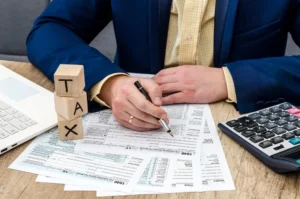
Personal Loan Debt Advice | Help with Personal Loan
Personal loan debt is a type of unsecured loan that can be used in several different ways, depending on your needs and circumstances.
Call free today

Personal loan debt is a type of unsecured loan that can be used in several different ways, depending on your needs and circumstances.

Behind on store card payments? Learn how store card debt works, the risks involved, and the best ways to regain control of your finances.

Catalogue debt is one of the most common forms of debt. Our team of friendly advisors offer debt help to find the right debt management solution for you.

HMRC debt can lead to penalties and enforcement. Learn your options and get support to manage repayments. Contact My Debt Plan if you’re struggling.

Payday loan debt can grow quickly with high interest and fees. Get support to manage repayments and regain control. Contact My Debt Plan if you’re struggling.

Logbook loans can lead to high costs and risk losing your vehicle. Get clear advice and support from My Debt Plan if you’re struggling to repay a logbook loan.

Struggling with income tax debt? Learn what HMRC can do, how to avoid penalties, and get support to manage repayments. Contact My Debt Plan for help today.

Contact My Debt Plan today, we don’t judge, but we do offer free impartial advice to find a solution to your gambling debt.

Struggling with debt after the festive period? Learn how seasonal spending affects finances and what steps you can take to recover.

Struggling with debit card debt? Learn how to cut costs, manage repayments and stop charges rising with free, confidential advice to take control.

Credit card debt is one of the most common non-priority debts and easy to build up. Contact My Debt Plan today if you’re struggling to repay.

Council tax debt and the debt solutions available that can help you pay off your council tax debts, call us on 0161 826 0585.

Facing business debt? Learn about your options, protect your company and move forward with expert, tailored support from My Debt Plan today.
An Individual Voluntary Arrangement (IVA) is a formal agreement with creditors to repay a portion of your debts over time, but it does have an impact on your credit score and it will be difficult to obtain further credit whilst on an IVA. Once an IVA is approved, it is recorded on your credit report and will typically remain there for six years from the date it starts.
However, it’s important to note this is the case for most debt solutions and your credit score will likely already have been affected by being in debt in the first place.
Once your IVA is complete you will get a fresh start to begin rebuilding your credit rating.
IVA costs are charged for the preparation of your proposal and the administration of the arrangement for the full term (usually 5 years) these costs are charged from the monthly contributions you make into the IVA and are not in addition. Costs will only be recovered on approval of your arrangement and once you commence making payments to it. The fees for preparation of the proposal to creditors and calling the meeting for creditors to vote on its approval are called nominees fees, the fees for running the arrangement once approved are called supervisors fees. There are also some expenses incurred in the running of the arrangement such as the registration fee and the statutory insurance that needs to be taken by law, these are called disbursements. For our arrangements, the total of all of these is £3,650 although this may be adjusted by creditors when they vote on whether to accept. No matter what the end total of costs come to, you can be rest assured that these will be taken from the monthly payment we agree with you.